Jim Zellmer on how the DNR approaches nitrate contamination
By Frederica Freyberg | Here & Now
December 9, 2022
Wisconsin Department of Natural Resources Environmental Management Division deputy administrator Jim Zellmer discusses what the agency does to monitor and regulate groundwater pollution from nitrates.
 Passport
Passport




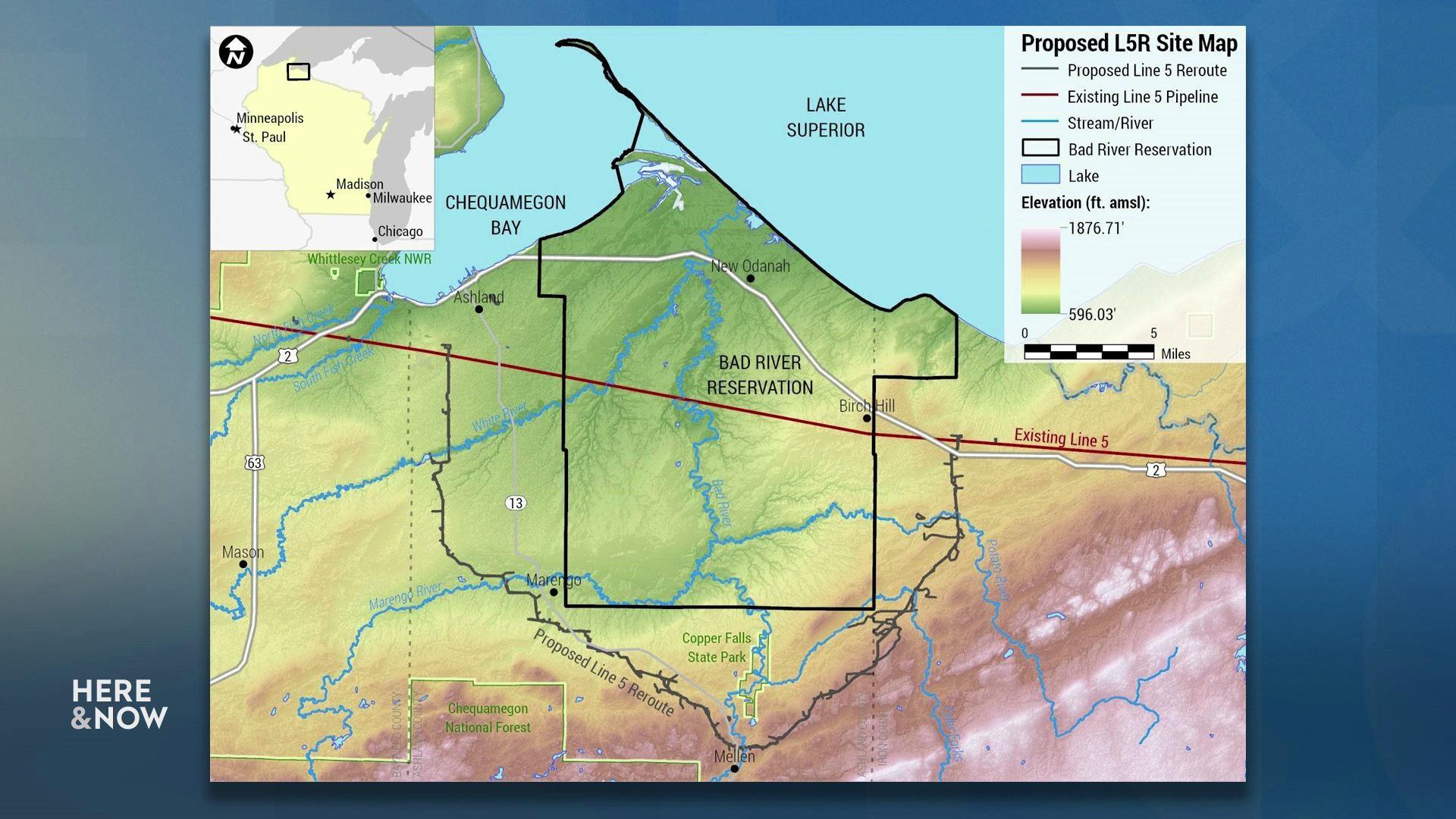

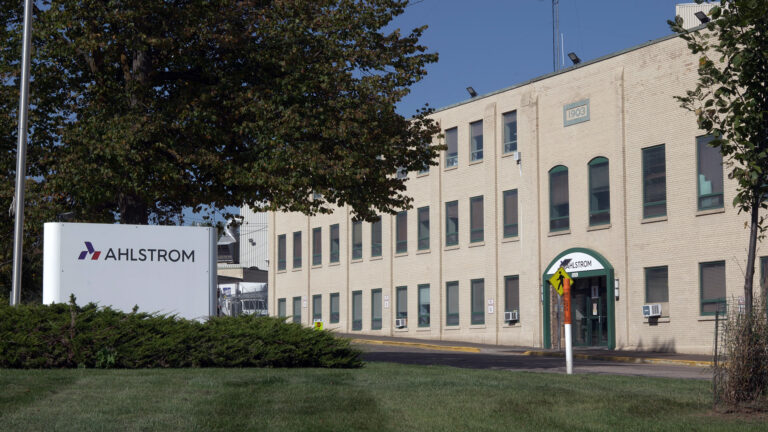
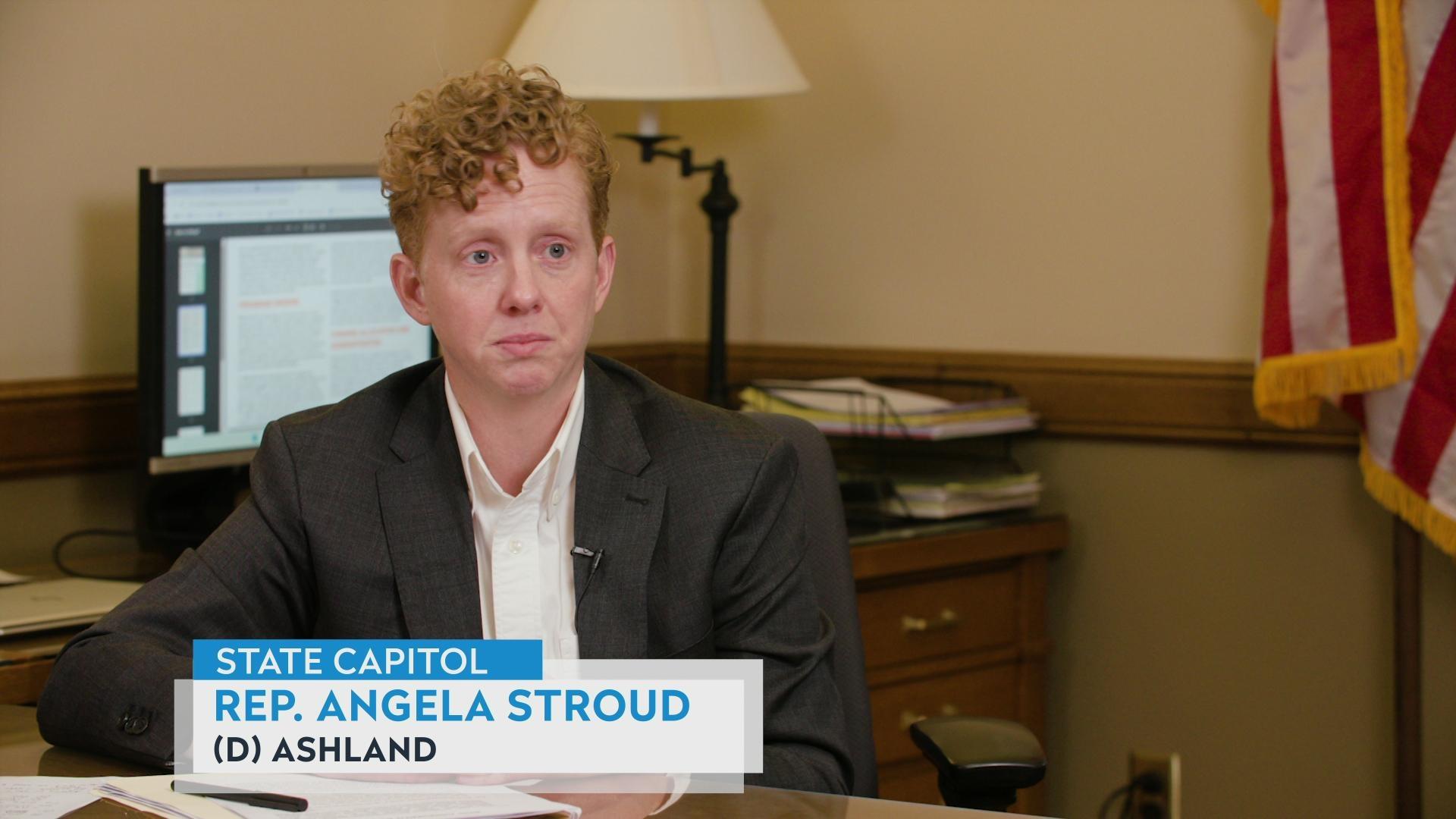
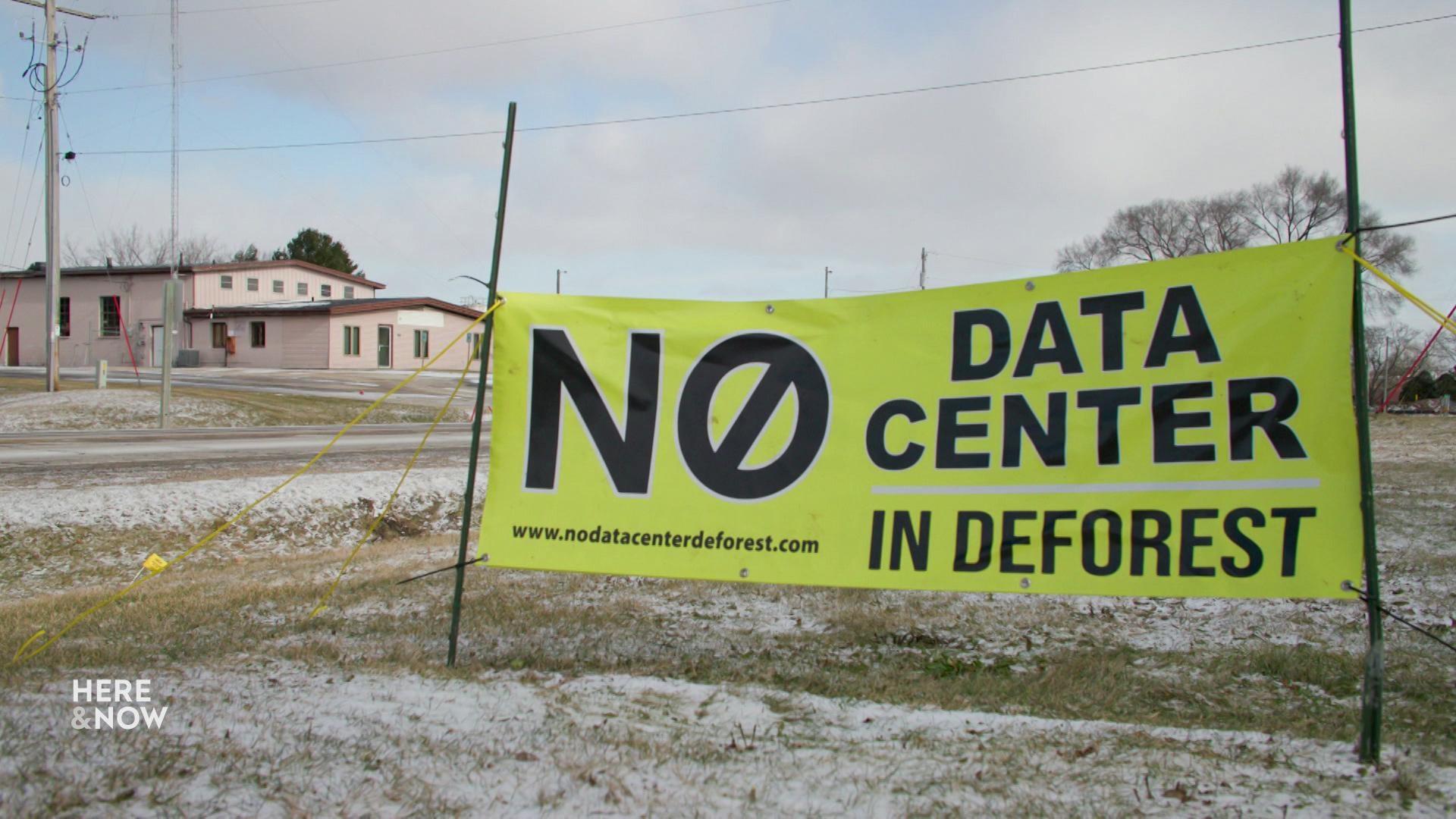
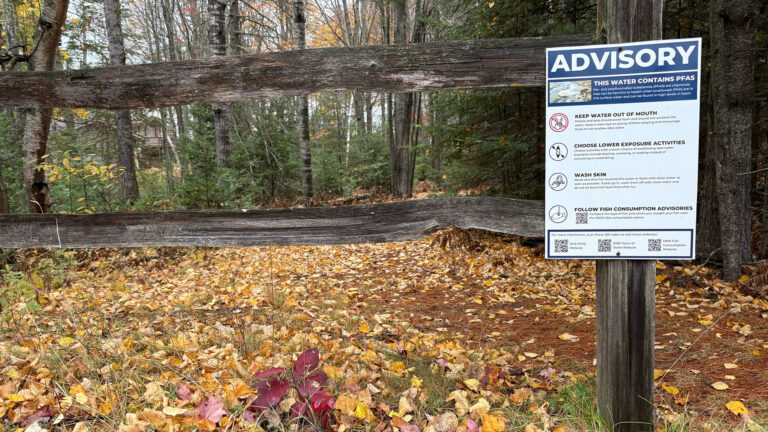

Follow Us